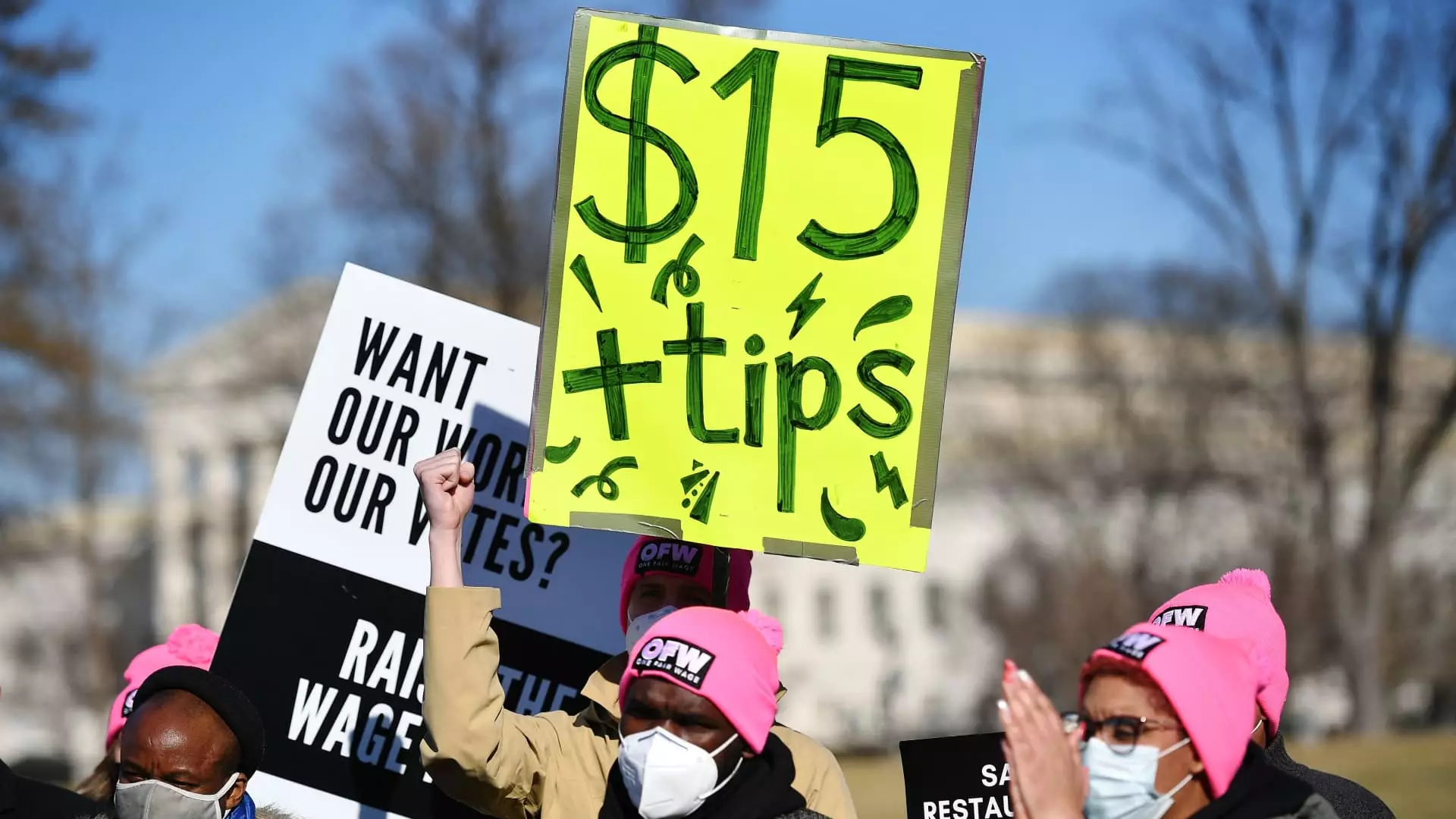The federal minimum wage has remained unchanged at $7.25 per hour for the past 15 years, leaving many workers struggling to make ends meet. Democratic presidential nominee Kamala Harris has called for an increase in the minimum wage to support working families. However, despite some states enacting higher minimum hourly pay rates, 20 states still adhere to the federal minimum wage, including Alabama, Texas, and Louisiana.
The Push for Change
Kamala Harris has not specified the exact amount she wishes to raise the federal minimum wage to, but she has acknowledged the efforts of states that have already set a $15 per hour rate. While Congressional Democrats attempted to include a $15 per hour minimum wage in a Covid relief package in 2021, the proposal was ultimately rejected due to the legislative process.
Former President Donald Trump has expressed concerns about the impact of raising the federal minimum wage on small businesses. He argued that increasing wages could lead to layoffs and financial strain for businesses. A CNBC survey revealed that while 61% of small business owners support an increase in the minimum wage, many fear it could affect their ability to pay essential workers.
The Economic Impact
Advocates for a higher minimum wage emphasize the connection between increased wages and stronger consumer buying power. Holly Sklar, CEO of Business for a Fair Minimum Wage, asserts that when workers earn more, they are more likely to spend, thus benefiting businesses. Ben Zipperer, a senior economist at the Economic Policy Institute, highlights the decline in purchasing power of the current minimum wage and the potential benefits of raising it to $15 per hour.
The Potential Benefits
Raising the federal minimum wage to $15 per hour could potentially benefit around 20 million workers, including those who currently earn slightly above the minimum wage. Zipperer argues that higher wages can improve recruitment and retention rates for businesses. While some companies have taken their own initiative to raise minimum pay thresholds, advocates emphasize the importance of a nationwide change.
Advocates like Holly Sklar are hopeful for future efforts to raise the minimum wage on a national level. They believe that increasing the minimum wage is not only beneficial for workers but also makes good business sense. By supporting workers with higher wages, businesses can enhance consumer spending and create a more stable economic environment.
The debate over raising the federal minimum wage is multifaceted, with considerations for workers, small businesses, and the overall economy. While there are concerns about the potential impact on businesses, advocates argue that increasing the minimum wage can lead to greater consumer purchasing power and economic stability. As the discussion continues, the need to strike a balance between worker welfare and business viability remains at the forefront of the conversation.

